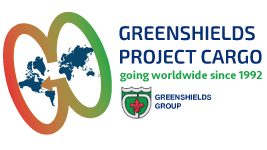ABNORMAL CARGO OF MACHINERY FROM ITALY TO NORWAY
Abnormal cargo of machineries loaded onto two special trucks from Rozzano (Italy) to Norway.
Abnormal cargo of machineries loaded onto two special trucks from Rozzano (Italy) to Norway.
GPC is focused on meeting customers need. Recently, in order to meet the client’s requirements, 80 tons of resin have been moved airfreight from Minesota point to Terni town thru Fiumicino airport.
Exceptional door-to-door transport of 3 tankers to Portugal, with the provision of our vehicles for land journeys in Italy and Portugal.
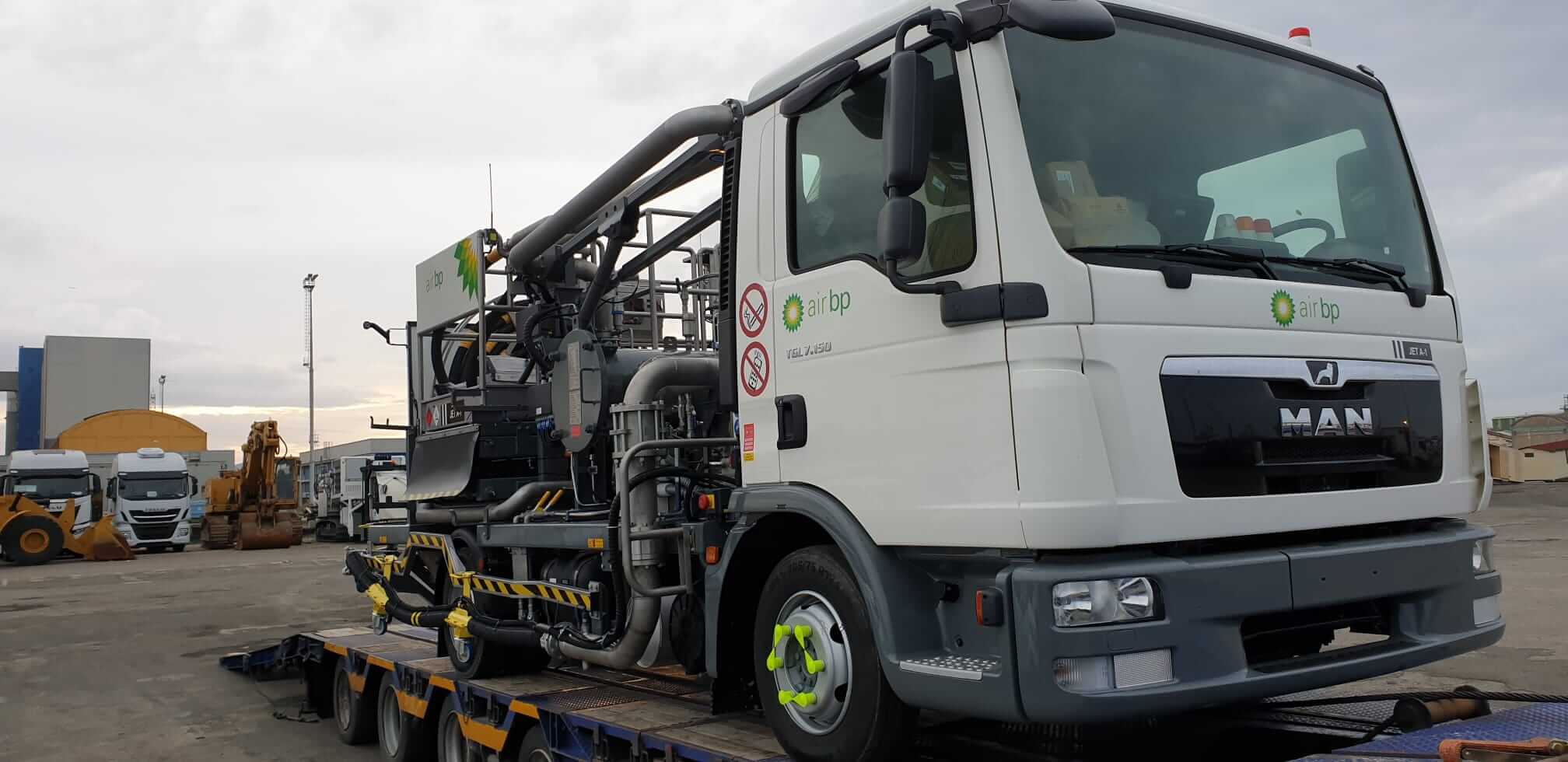
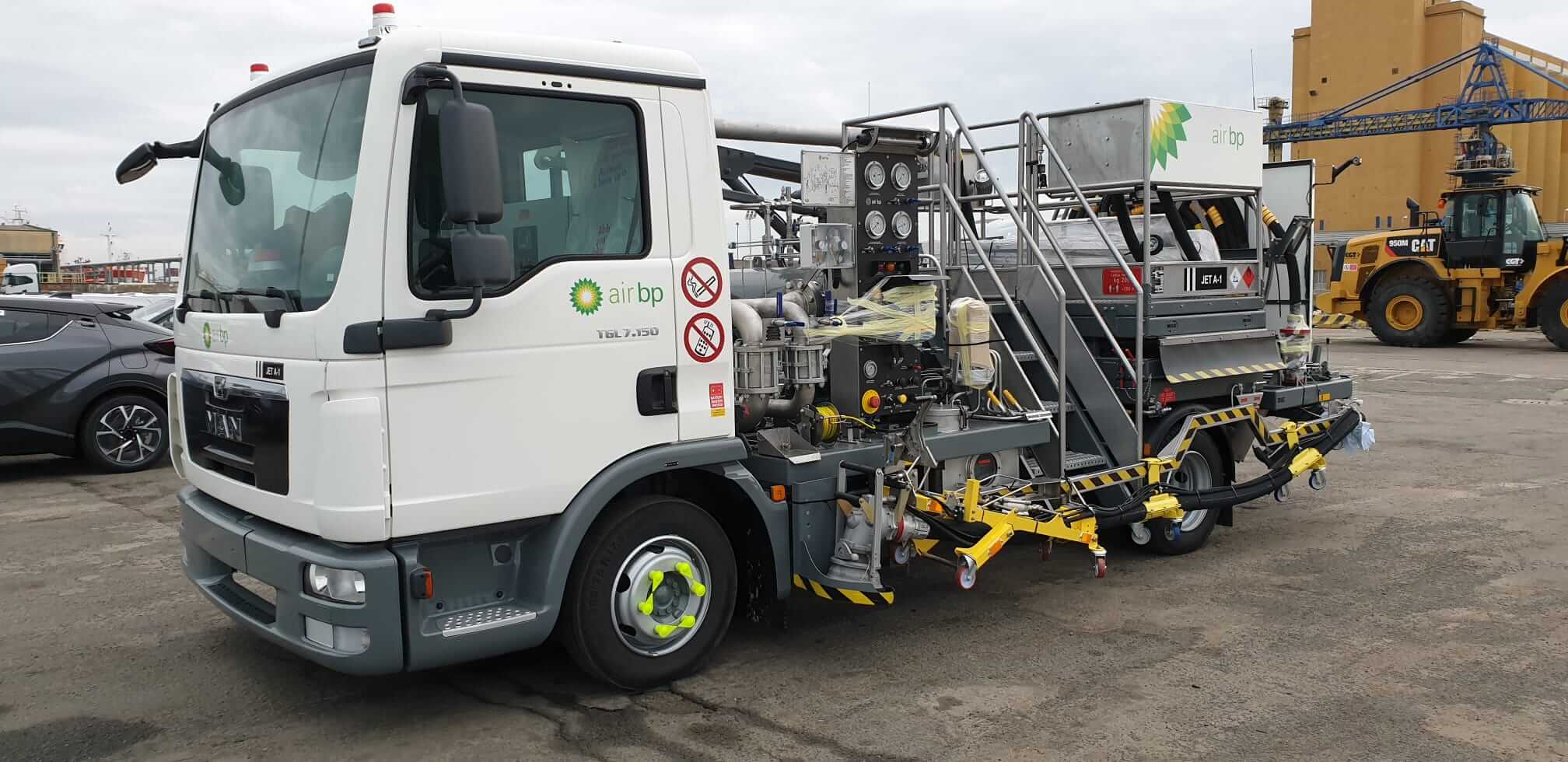
Dear Customers,
due to the numerous reports and checks for infections of unknown cause, to avoid the pandemic spread of Coronavirus, found in the Wuhan area, work activity in China was severely stopped.
At present, the ports are congested due to a lack of operators, the offices are closed and the government has extended the Chinese New Year by a week. For the same reason, transportation is stopped; the situation varies according to the territories and there is no precise information or timing. We are in constant contact with our agents, however we would like to inform you that if there are delays in deliveries / withdrawals in China, and in container emptying / loading operations, they will be attributable to this emergency, which we monitor carefully. We remain available for further information and thank you for your understanding.
With 2020 the new Incoterms come into force. The most significant change concerns the substitution of the DAT in DPU: it is specified that the goods must be unloaded from the vehicle, whatever it is in any place where the agreed delivery place is located.
Another important change concerns insurance when the term is CIF or CIP. While for the first one continues to speak of minimum coverage therefore ICC “C” for CIP the All Risks is expected (ICC “A”).
Abnormal transport of tanks to Tunisia. Quick service because of time critical.
24 hours documentation strictly required for delivery otherwise the goods must came back at the origin.

Cargo moved by ISO containers thru CFS in accordance with the local rules.
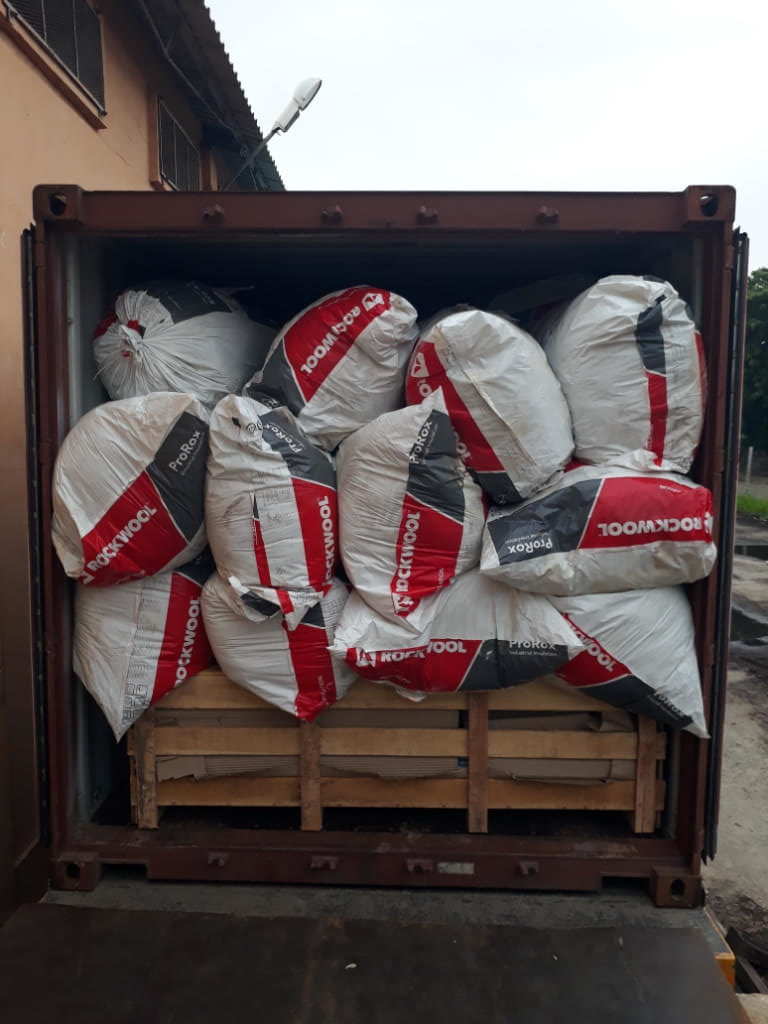
GPC shipped an important batch of Reach Stackers from Italy to Port Sudan. Abnormal cargo. Over gauge 40 'flat racks.

On 25/12 a circular was issued which allows you to negotiate the freight prepaid again, for all shipments to ALGERIA.
At the end of 1019 Greenshields Project Cargo is still one of MTO Leaders for moving commodity aid cargo to Africa, India, Middle East, Central America, Central Asia.
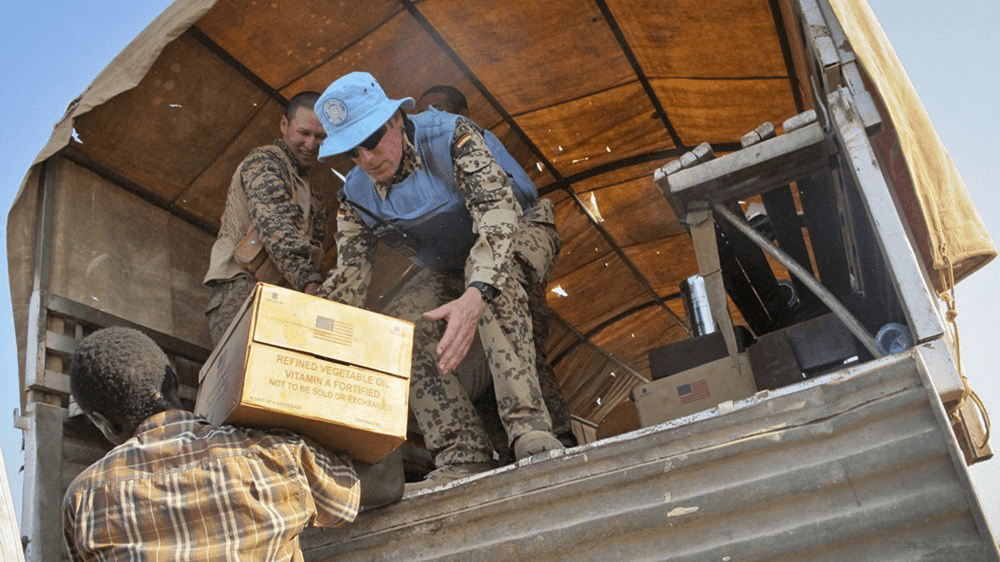
Via S. Orlando, 3
57213 Livorno (LI)
Phone (+39) 0586 211131
VAT Number: 0105487 049 6
